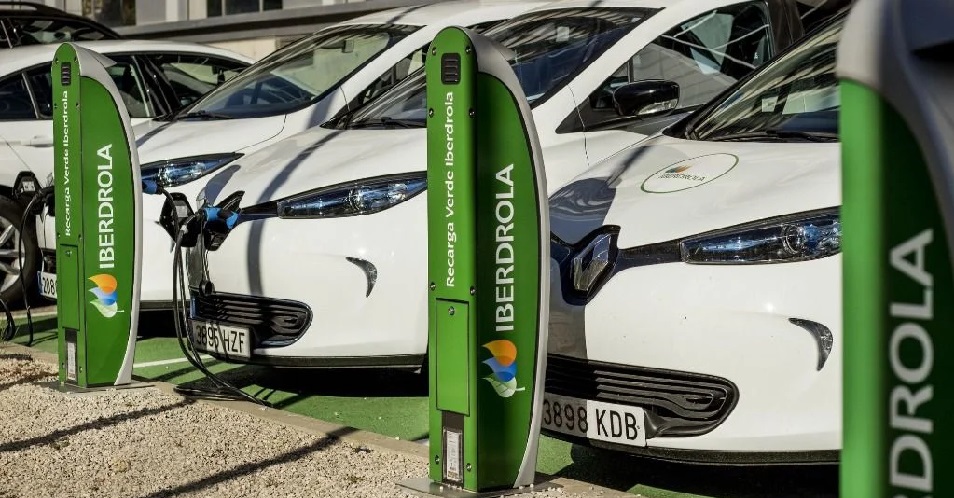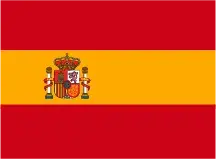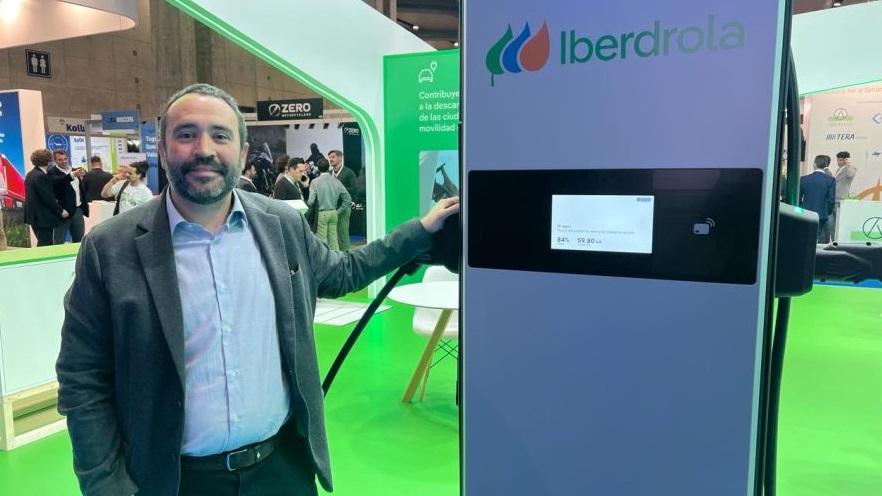What are the characteristics that users consider when choosing a specific CPO (Charge Point Operator)?
Jorge Muñoz Riesco, director of electric mobility at Iberdrola, answers Mobility Portal Spain‘s question, addressing the concerns of many and highlighting five key points:
- Prices
- Power and availability
- Charger reliability
- Optimal past experiences
- Charger location
“The pricing is gradually gaining relevance, although it’s not the only factor customers consider,” the expert points out.
With an extensive network, the company observes that “many of the charges being carried out are at 50 kilowatts (kW).”
However, there is a trend towards increasing consumption at high-power charging points, which Iberdrola is currently developing through its partnership with bp.
In this regard, Muñoz Riesco reveals: “These chargers are used more than the low-power ones. Higher power encourages an increase in charges and ends up being more attractive for users.”
So, while the price of charges is becoming increasingly important in the eMobility world, power is also significant since users “will prefer these points over low-intensity ones.”

“Many customers choose to charge for five or ten minutes rather than an hour, as this may not fit into their travel plans just to save a few euros,” the expert states.
Recently, the company announced that its combined public and private network reaches 45,000 points, thus reinforcing its position as the most extensive public network in Spain.
And it doesn’t stop there.
Throughout 2024, it expects to install over 3,000 additional devices, surpassing 9,000 by the end of the next fiscal year.
Furthermore, in collaboration with bp, 11,700 fast and ultra-fast devices will be added in the Iberian Peninsula by 2030, with a joint investment of one billion euros.
But, how does it manage these volumes of chargers?
Iberdrola monitors the devices and uses the information from them to enhance user experience and understand where there is higher demand when developing new stations.
Knowing, for example, the preferred power levels for each type of use and the recharged energy helps improve this service.
Iberdrola and the value of improving user experience
To tackle one of the main issues for electric vehicle owners, the European Union (EU) took action.
That’s why, through the implementation of the Alternative Fuels Infrastructure Regulation (AFIR), it will require charging points in member states to incorporate card terminals for card payments, and Iberdrola will not be left out of this process.
It is within this framework that Muñoz Riesco emphasizes the current customer experience.
“It can be a bit more cumbersome than refueling with gasoline, as you have to find the hub, download applications, among other difficulties.”
In this context, Iberdrola anticipates that within a year, with facilities such as card payment and direct charging functionalities, “the convenience of fossil fuel refueling will be far surpassed.“
And he continues: “With the growth of the network, there will be such ubiquity of charging points that no one will have to worry about where to find a socket.”
Grants: a way to boost electromobility
Sector confirms continuity of the Moves Plan: What awaits it after July 31st?
The new fiscal rules of the European Union will trigger not only adjustments but also structural reforms.
That’s why this landscape could affect the continuity of the assistance plan for the purchase of electric vehicles.
Germany, despite being the country where the most sustainable cars are sold, ended these incentives earlier than expected.
This was recently announced by the German government, in order to push forward the State’s budgets.
Read more: German electromobility market overview: Sales decline but expected to “rise again”
“Perhaps in Germany, they could afford to withdraw assistance, although there was an impact on vehicle sales during 2023, but in Spain, it is necessary to maintain them for a longer time,” he says.
“We are approximately two or three years behind them in terms of electric vehicle penetration,” reflects the director of electric mobility at Iberdrola regarding government subsidies.
Work agenda for the deployment of charging points in Spain
The Institute for Energy Diversification and Saving (IDAE) announced in dialogue with Mobility Portal España that they will reopen the electric vehicle charging infrastructure table.
When asked about possible additions to this work agenda, Muñoz Riesco expresses the need for a conversation with the different actors in the electric mobility sector.
The goal? According to the executive’s own words from Iberdrola, “to show the barriers we are encountering and what things can be facilitated from the Administration.”
The specialist sees coordinating group work where proposals are exchanged to “accelerate the transition to electric vehicles” as “positive.”
“In Spain, we need to align the interests of companies, but also what is wanted administratively, so that all of that flows and we achieve the common goal,” he adds.







